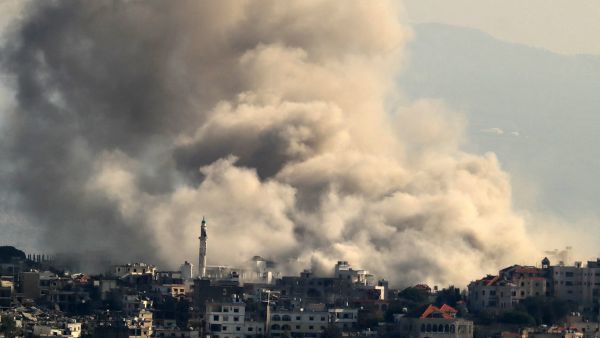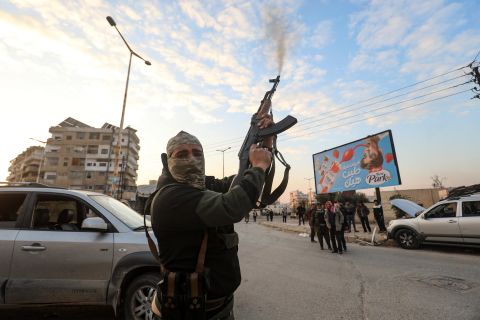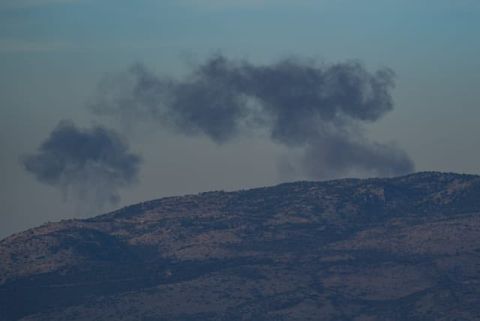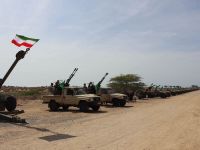ALBAWABA- Over a week after the Israel-Hezbollah ceasefire took effect, violations by Israeli forces persist, raising tensions in southern Lebanon.
On Thursday, Israeli artillery targeted civil defense teams in Naqoura as they cleared rubble and searched for casualties, according to Lebanon's National News Agency. An Israeli drone also detonated nearby, forcing their retreat.
In another breach, Israeli forces, supported by tanks and bulldozers, advanced into the western area of Shebaa. They erected barriers, cutting off the road linking Shebaa to the Barakat Naqqar area. This move followed a redeployment of Lebanese Army units in the region.
Caretaker Prime Minister Najib Mikati condemned the violations and called for an immediate halt to Israeli aggression. Speaking with French military official General Guillaume Bonjean, Mikati reiterated Lebanon's priorities: ending incursions, ensuring Israel's withdrawal, and strengthening Lebanese Army presence in the south.
The ceasefire, brokered by the U.S. and France, requires Israel to withdraw within 60 days and for Hezbollah to pull its forces north of the Litani River. However, recent incidents, including strikes on border towns like Khiam and multiple airspace violations, signal repeated breaches.
Lebanese forces have increased their southern deployments in response, with Hezbollah expressing readiness to cooperate. The situation continues to fuel concerns over regional stability and adherence to the agreement.











